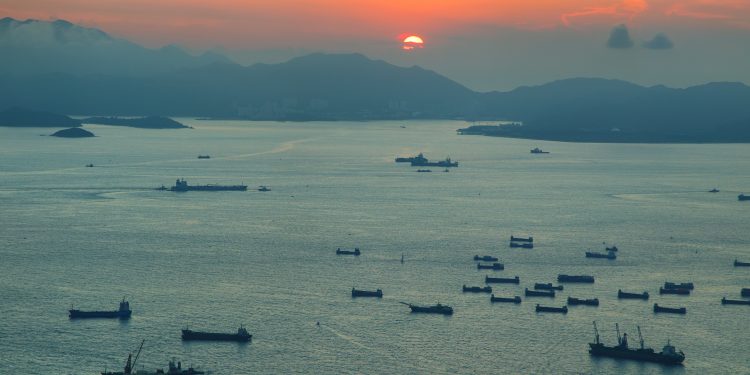According to Rebeca Grynspan, Secretary-General of UNCTAD, maritime trade is going through a historic moment of crisis and disruption. However, this is also an opportunity for maritime to further evolve and provide critical solutions.
According to Ms. Grynspan, “the disruption in trade that we are seeing is just one of many across the entire international system. The world is not just dealing with one crisis, but with a cascade of crises.”
Prices for key commodities are at multiple times the average of the previous decade: in the case of food, at least 50% higher; in the case of energy, twice as high; in shipping, three times as high. And for some fertilizers, also three times as high
However, UNCTAD’s Secretary-General added that maritime trade has an enormous role to play, as despite all the challenges, it “will become more, and not less, important in the years to come.”
A case in point is what is happening in natural gas. The sea-borne LNG market has taken off this year, as a way to cope with gas pipeline disruptions. For the first time in history, this year at least half of Europe’s natural gas consumption will be brought by ships
However, the problem is that there might not be enough LNG to go around, as there are already reports of countries in Asia being priced out of LNG spot markets.
According to UNCTAD calculations, the LNG market is missing around 50 billion cubic meters of gas to meet everyone’s demand, about 10% of last year’s total LNG exports.
This is why your investments are so important. We need more, and not less, LNG carriers and infrastructure
Ms. Grynspan further continued to explain that “trade realignment will be rough, costly, and messy,” and because of that “it will be a huge opportunity for the maritime business.”
As maritime routes become longer, whole new supply chains are built, new ports join the global trade, we will more and different ships, new ports, more terminals, bunkering stations and new capacities for businesses, crew and dock workers
Lastly, UNCTAD’s Secretary-General highlighted the importance to get the grain and fertilizers out of Ukraine and Russia.






























































